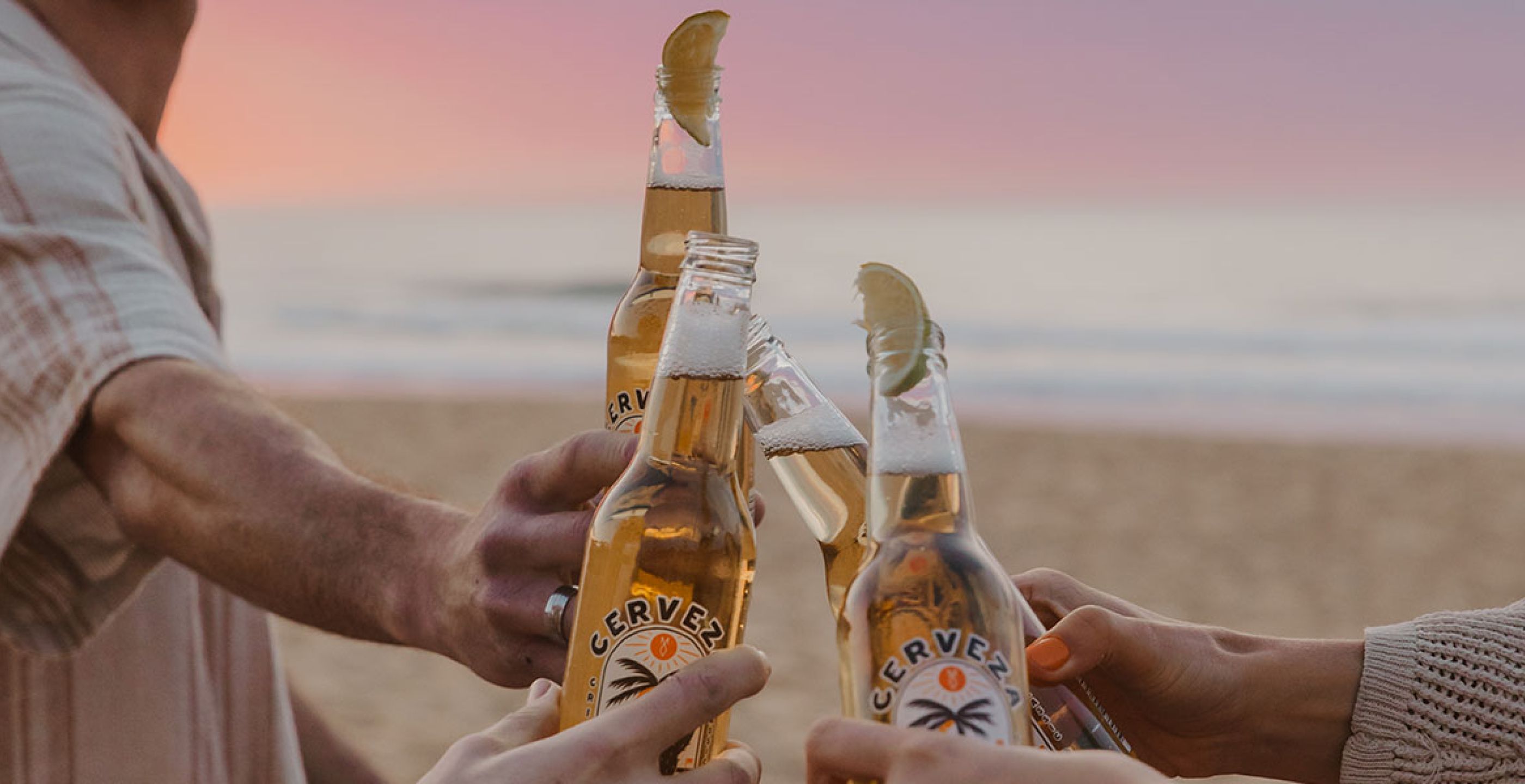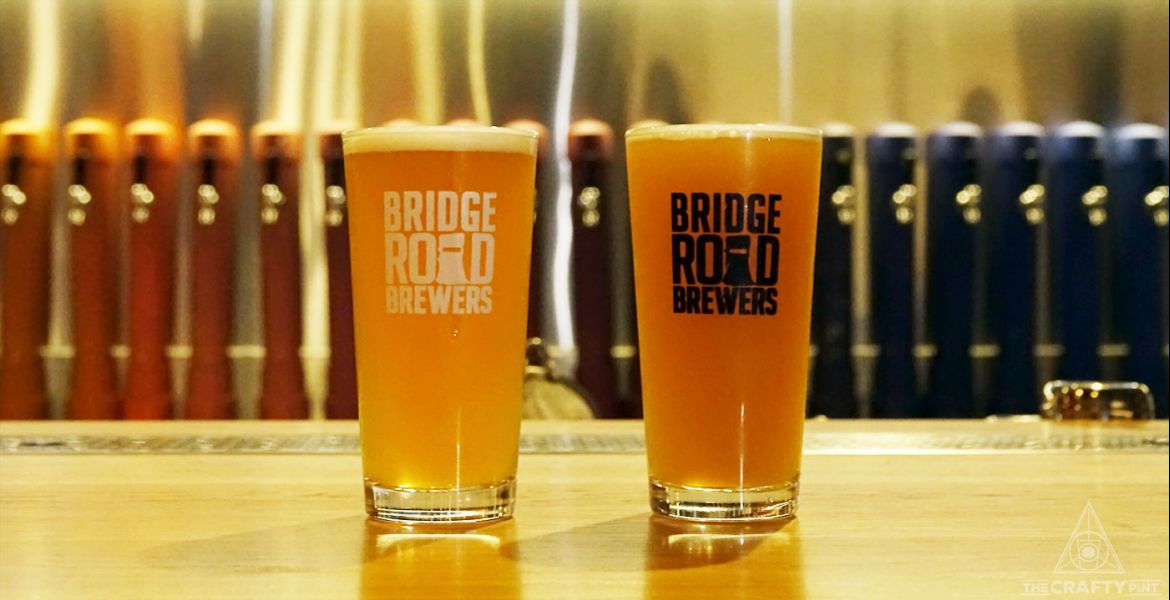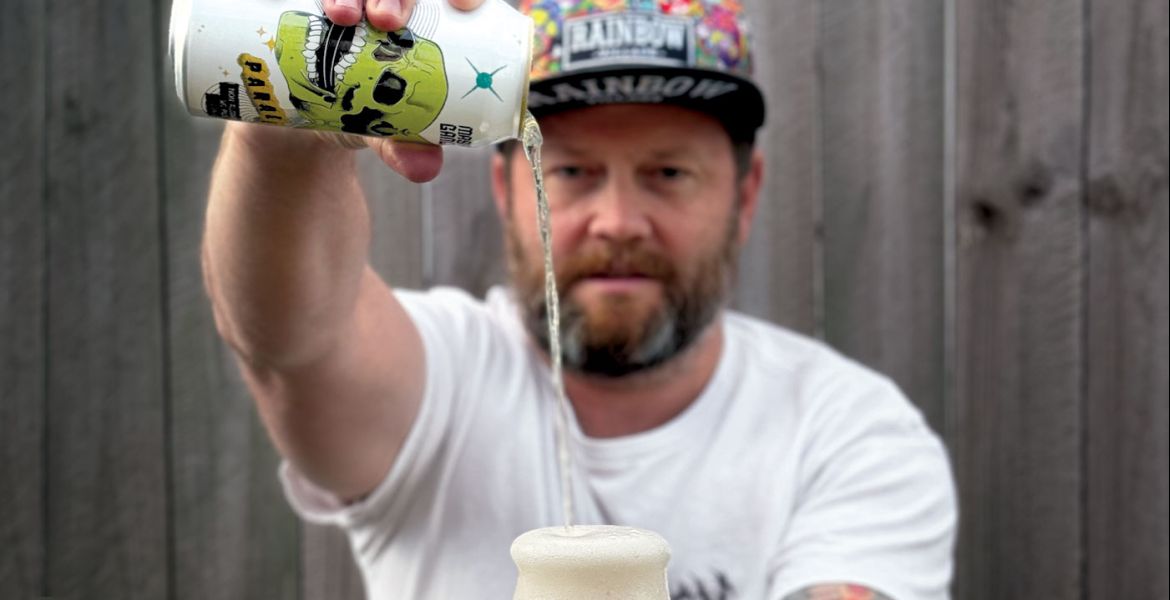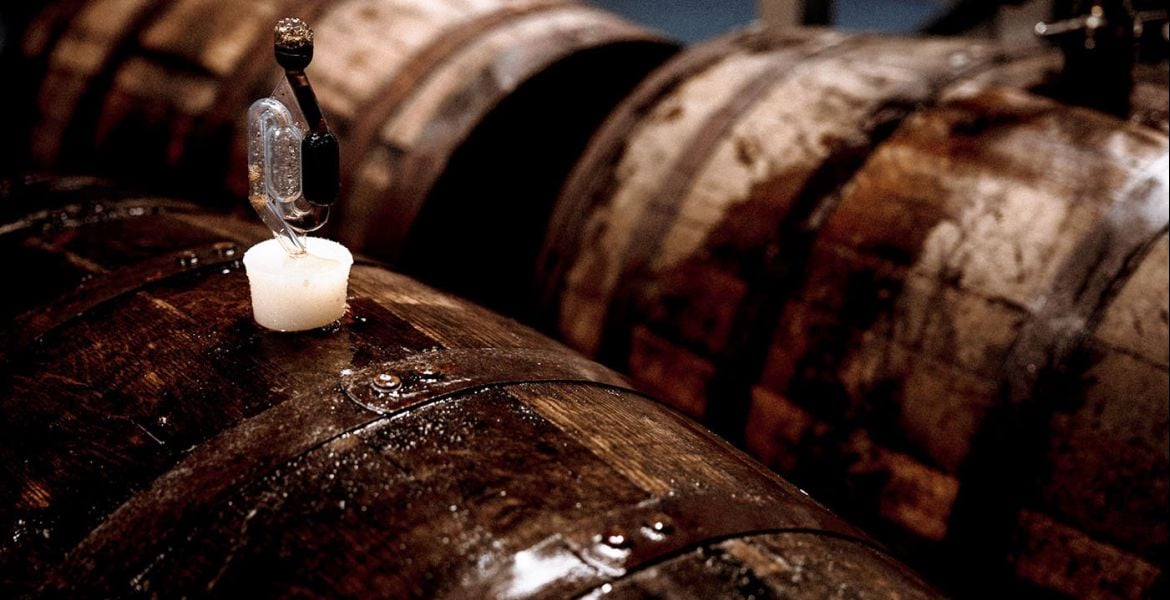cerveza
[ser-ve-sah, ther-ve-thah] NOUN
1. Spanish. beer
Source: Pretty much any dictionary you pick up
It might translate as nothing more than beer, but you may well have seen or heard the the word "cerveza" rather more than usual in recent weeks. And there's a good chance you'll be seeing and hearing more of it over the coming months too.
Even if you approach it another way and look at what cerveza means beyond the pages of a dictionary and within the world of beer in Australia, you could argue there's nothing much there either. If you asked an Aussie beer drinker to name an example of a cerveza, more often than not they'll respond with Corona, by which they mean Corona Extra: the best-selling beer in Mexico, and the country's top export, which has a score of 1/100 on global beer-rating site Ratebeer.
While cerveza covers a range of beer styles in Mexico (it does mean beer, after all), it is those such as Corona – light lagers brewed with corn (maize) – that have claimed the crown for themselves in export markets such as Australia.
Light in body, restrained in flavour, commonly packaged in clear glass bottles, offered by the bucket (of bottles) in bars, and in many cases served with a slice of lemon or lime squeezed into the neck, they're a far cry from the sort of beers upon which the modern craft beer industry was built, yet they look set for a seltzer-esque summer in the sun.
To a large degree, this can be put down to the arrival of Cerveza (in clear glass bottles and cans) from the country's most successful former indie of recent times, Balter, and the relaunch (in clear glass bottles as it's been available in cans for a couple of years) of Cerveza from Modus, the first indie to fully commit to the concept.
At the same time, it's easy to understand why one of the most knowledgable and respected figures in the country's beer community, Jade Flavell of The Wheaty, asked whether the craft beer industry was merely becoming everything it had rebelled against as she unveiled a "Cerveza is the New Craft" t-shirt during The Crafty Pint's "Has craft beer jumped the shark?" debate at BrewCon last month.
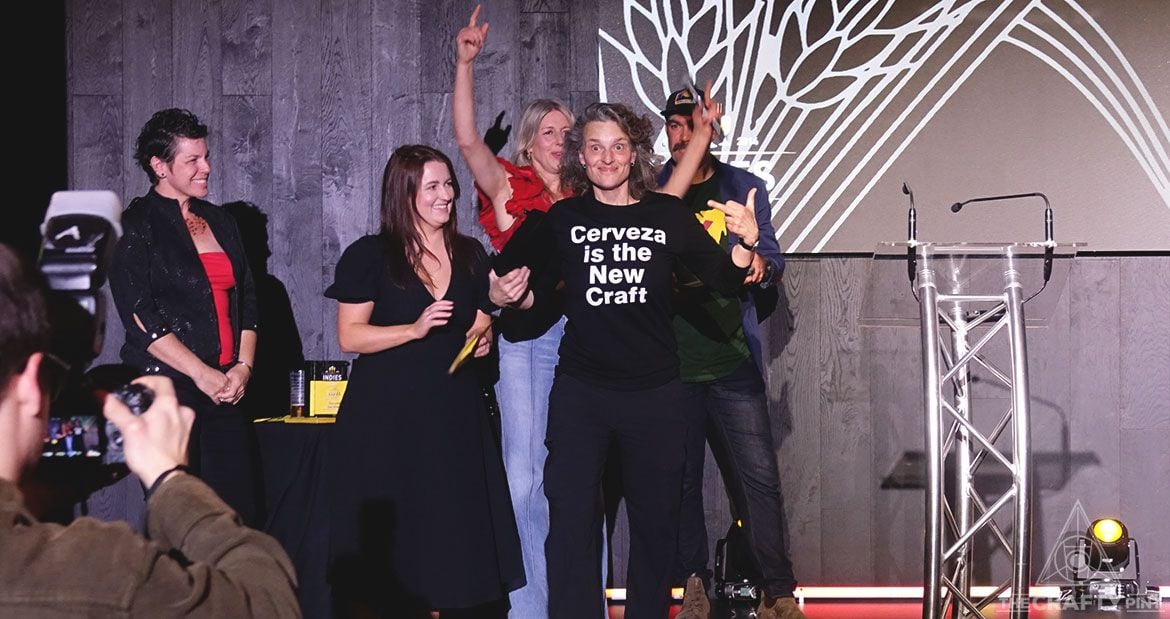
So, if we have an idea of what cerveza is – beyond being the Spanish word for beer – why are expecting to see more such beers hit the taps and fridges of independent breweries, bars and bottleshops as summer approaches? After back-to-back years of unrelenting challenges, and faced with a perfect storm of economic and financial challenges, have indie brewers thrown in the towel in the battle to turn Aussies onto more flavoursome beers? Or is the reality more nuanced? (Hint: it always is.)
Lagers as a whole have been making a comeback in the craft beer world for a while now. After years of wild excesses spurred on by COVID lockdowns, many drinkers are recoiling back to the realms of less challenging beers. If people have got less disposable income in a downturn, they're likely to seek out more affordable fridge-fillers. At a time when hundreds of small breweries are fighting over their small slice of the beer market, why not look elsewhere – "Lager is a 90 percent conversation. Not the 10 percent," is how Modus co-founder Grant Wearin puts it. And so on.
Hence a current state of play in which cervezas find themselves sitting side by side with a growing number of Japanese style rice lagers, Aussie "draught" lagers and Munich-style helles. In doing so, they're often playing a role once occupied by kolsch style beers or golden ales at the country's indies: the beer to sate the Carlton / Tooheys / Swan / West End drinker paying a first visit.
Grant admits their decision to launch Modus Cerveza – and now relaunch it in bottles, with other Mexican-inspired releases to follow – is "unashamedly" one "dressed up as a mainstream product".
"We have gone too far and have forgotten about the majority of the market," he says of the craft beer world they entered so dramatically almost a decade ago, claiming that, in the period when the industry was growing apace, people lost sight of the fact most beer drinkers were still consuming straightforward lagers.
"One of the most-often heard quotes in the past ten years is a brewer saying, 'We brew beers we like to drink.' In a roundabout way, that says, 'I don't give a fuck what the consumer wants.' It can be taken that way ... a statement that means I'm not going to bother doing what the market tells us.
"Now that the tide is going out, people are getting caught with their pants down. And we do need to think where the market is."
Modus are certainly backing themselves. Grant cites the significant investment made at their main Merewether brewery in Newcastle to allow them to make a play in a space dominated by behemoths with greater scales of economy and tools to hand, not least in their case – one of the big early movers into cans, remember – having to install a bottling line.

But, beyond that, there are other forces at play beyond hoping to turn the heads of those who'd baulk at a can of Modus Pale. Foremost among them is a desire to promote a message of sustainability. They used an online calculator to measure CO2 emissions for sea freight, and estimated that bringing beer from Mexico to Australia created an extra 1.95kg of CO2 per case, which is why they're pushing the "homegrown" message through their Cerveza.
To some, merely the fact a beer isn't imported might be enough to sway their purchasing decision, but Modus go on to point out theirs features all-Australian ingredients, including Australian corn, as well as being produced by an Australian-owned family business. They're also donating a dollar per case to Rural Aid, inspired the story of Grant's wife and brewery co-owner.
"Jaz's family are fourth-generation farmers," he says. "When she was about 12, the family lost the farm – four generations of work. It absolutely devastated her old man who still talks about it to this day, and you get a sense that it's ingrained in her upbringing. So that's where Rural Aid came in. We have to do something different."
While even a tiny slice of the Corona pie would make a huge difference to the fortunes of Modus, one imagines their fellow clear bottle debutants on the Gold Coast have rather grander plans – as well as the backing of CUB/Asahi (who also distribute Corona in Australia) to bolster their chances of achieving them. That said, for Balter head brewer Scotty Hargrave, much of the inspiration for his Cerveza comes from north of the Mexican border.
He spends a lot of time in the US each year, and counts some of the country's finest brewers as friends. He's met people known for their "really modern explosive IPAs" who also put a lot of time and care into Mexican lagers and American light lagers; add in America's lager-centric breweries and there's plenty of knowledge into which he was able to tap.
"The irony isn't lost on me," he says. "I'm going to have a go at making dad's beer. But in a lot of cases people realise now, particularly in our segment, there's room for these sorts of beers. Who ever said that easy-drinking pale lagers strictly belong to big beer?"
When conceiving his Mexican-style lager, the intention was to create something more than "just yellow water" to capture "that corn or corn grits character", and to come up with a beer that's "not demanding too much attention but it's interesting enough to come back to it." Equally, while you can pick it up in a can, much of the promotion has been centred around the bottled format, which has meant production at CUB's Yatala brewery rather than their Gold Coast HQ.
"That was totally foreign to us," Scotty says of putting a Balter beer into bottles. "If you only did it in cans, there's a lot of people who are never going to get around it.
"We're in this bubble and when you're inside the bubble you think that craft beer is everything. Most people by a long way don't know anything about what we do.
"This is more like what most people recognise as beer, more like the beers that we all started drinking when we first started to like beer. When I was at Stone & Wood, the mantra was always, 'Grow the pie' and this is part of that."
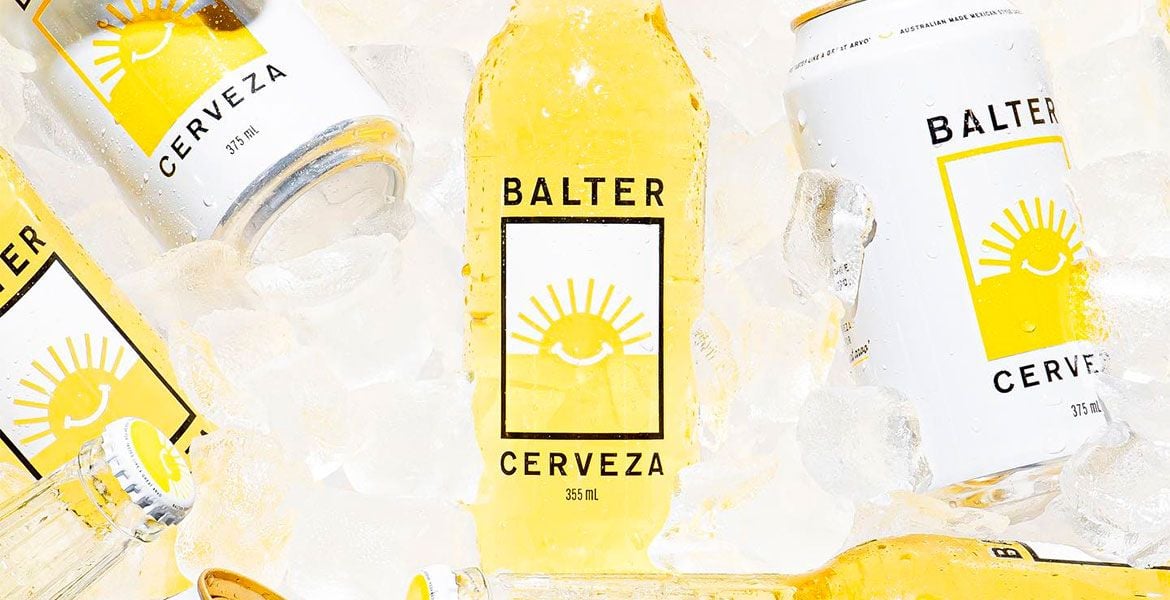
And while he might be talking in wider "craft" terms there, he's also reflecting on Balter's position. Since becoming part of Asahi-owned CUB in December 2019, their flagship XPA has become ubiquitous, now even featuring in primetime TV ads. Yet can it break lager's glass ceiling?
"I've wondered, 'Where does a beer like XPA top out?' How many people in Australia actually want to drink this beer as their go-to? Right now, we have just got to keep making more because we don't know where the outer limits are – has everyone in Australia who's likely to want to try XPA already tried it? Is there another market beyond craft where we can get people who would find an XPA too much?"
Of course, while Balter and Modus Cerveza have the mass market in their sights, the vast majority of Mexican lagers and cervezas you'll come across in small taprooms across Australia have no such lofty goals. Brewers on that scale can't dream of competing on price and won't be installing the equipment required to produce beer with a chance of remaining stable in a clear glass bottle – even if they had such desires. So why bother, other than hoping to take advantage of the summer's cerveza fizz?
At Freshwater Brewing, in the Northern Beaches, a "craft cerveza" was one of their first releases. Called Wedge in a manner that feels a little like Moon Dog's decision to call their seltzer range Fizzer, it might be inspired by beers like Corona but the way it's brought to life is much more in keeping with the brewery's approach to an almost-exclusively lager lineup: the beer spends two months conditioning in tanks before release and, rather than leave you pondering the decision to add lime, Wedge features citrusy Motueka hops from New Zealand charged with doing the work of the slice.
They've set up photoshoots of the beer with salt around the rim, brewed a mezcal version for GABS, made cocktails with it too.
"It's probably our number one or two best-selling beer and fits the Northern Beaches vibe and our vibe," brewery co-founder Jonny Bucknall says. "It's just fun. Craft doesn't need to take itself too seriously. Life is serious enough."
Similar to Scotty, it was watching trends in the US, then reading a VinePair article describing cervezas as crisp, refreshing and repeatable, that led him to start experimenting with his homebrew setup.
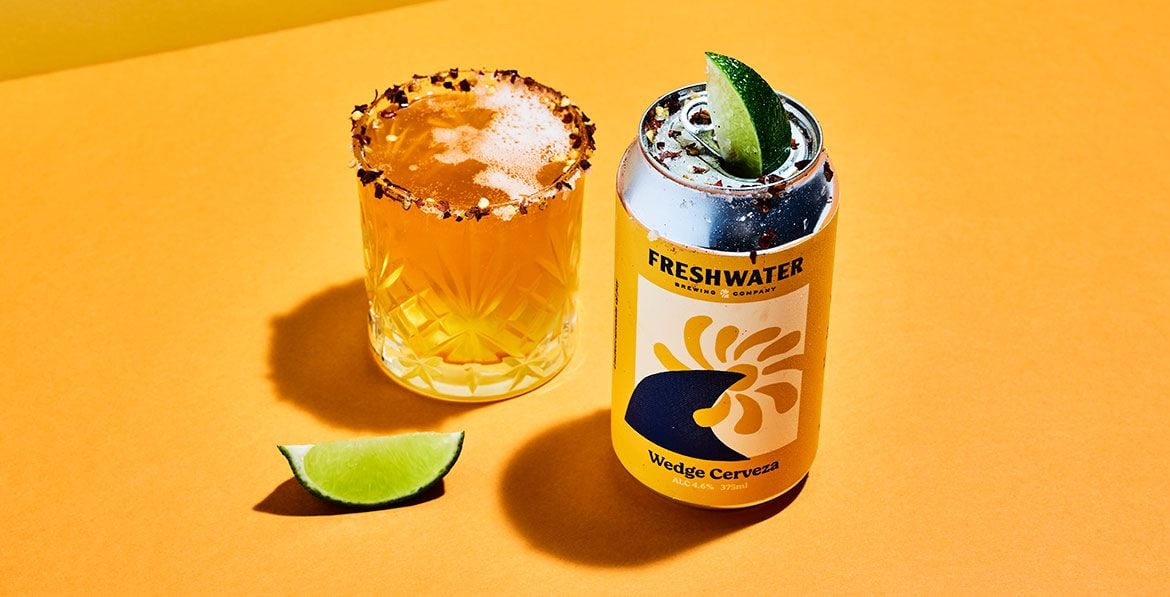
"That's pretty much what we want all of our beers to be," he says, going on to talk about the occasions when they'll have a first-timer at their venue asking for something close to a Corona. "If someone likes VB, then you can try a pilsner, but there was nothing in craft for Corona drinkers.
"I don't know how long the cycle will go on for, but I think it will stick around because people get it straight away. People want refreshing and repeatable beer. The market needs choice. There has to be something beyond juicy.
"I looked at the beer selection at GABS and saw a lot of people like Hop Nation going heavy on their Czech pils; Balter's stand was predominantly lagers. So it's exciting for a brewery like us. I see it as a really positive thing for bringing people into the sector."
And if that sounds familiar, it should do as it's a refrain we've heard, and relayed, with regularity over the years. The main difference, you might argue, is that in most cases it's been used by brewers aiming to bring something new, and sometimes controversial, to market: the first New England IPAs; early fruited sours; OTT pastry stouts; bitterness-free juice bombs. Whereas here the beer style of choice isn't new, and the controversy derives from the fact it is the thing most craft brewers rebelled against rather than the weapon with which they were rebelling.
But is anything really ever new? Will the cervezas prove to be another flash in the pan before everyone moves on and tries something else? Will such offerings from craft brands (indie or otherwise) entice big box beer drinkers to explore the wider world of beer or just prove to be another bump in the road slowing their journey towards the land of hops, bitterness, esters, barrels and blending?
It will come as no surprise to discover where Scotty sits on such things.
"There might be a whole new audience out there for us," he says. "There's a lot of breweries looking outside their traditional area to just survive.
"It's all beer at the end of the day, and if you're making beer for the right reasons, you can't wish anything but the best for folks.
"Craft beer is growing up."
The Crafty Pint will be putting locally-brewed cervezas to the test in our next blind tasting. If you know of an Aussie brewer putting one out in cans or bottles, drop us a line so we can make sure it features. Salud!




